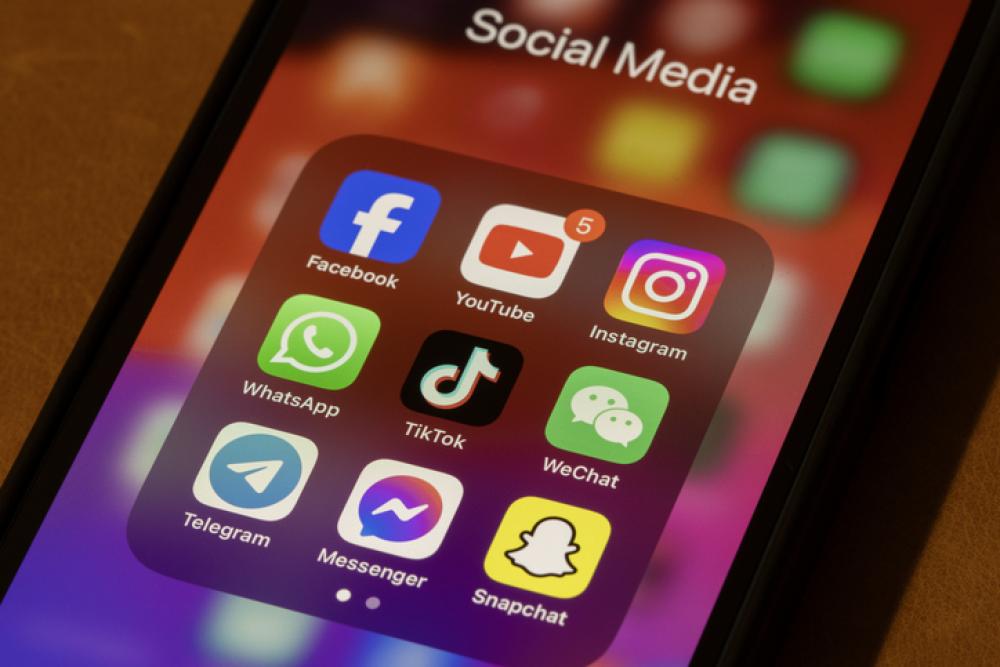Nexstar’s proposed $6.2 billion purchase of Tegna must be approved to stave off the “five-alarm fire” of competition from streaming and tech companies, Nexstar and Tegna said in a joint reply filing posted in docket 25-331 Friday. The FCC has authority to waive the national cap, they said, while all the entities objecting to the deal -- including Newsmax, Free Press and EchoStar -- lack standing to participate in the proceeding (see 2601020025).
The administration’s pro-5G, pro-business agenda may be about to clash with the Make America Healthy Again (MAHA) agenda of some of President Donald Trump's loyalists. As the FCC wraps up an NPRM on proposed changes to wireless infrastructure rules to make 5G deployments faster (see 2601160045), reports are emerging that Secretary of Health and Human Services Robert F. Kennedy Jr. is ramping up a study of the risks from cellphone radiation. The Food and Drug Administration has also taken down webpages saying that cellphones aren’t dangerous. The FCC didn't remove similar declarations on its website.
SpaceX revenue likely reached $15 billion in 2025, including $10.4 billion from Starlink operations and $4.4 billion from launch services, said Jack Kuhr, Payload's space industry research director, in a social media post Thursday.
Two bar complaints against FCC Chairman Brendan Carr have been denied, according to letters from the Attorney Grievance Commission (AGC) of Maryland and the D.C. Office of Disciplinary Counsel.
Paramount Skydance is ratcheting up its fight to try to buy Warner Bros. Discovery, saying Monday that it's suing WBD in Delaware Chancery Court. Paramount also said it will nominate a slate of directors for WBD's annual meeting who would enter into a transaction with Paramount rather than Netflix. WBD's board has recommended that shareholders support Netflix's proposed purchase of WBD (see 2601070048).
The FCC's approval of SpaceX launching an additional 7,500 of its second-generation satellites opens the door for the company to enhance direct-to-device connectivity and also points to the Space Bureau's efforts to speed up its approvals process, according to SpaceX and space policy experts. A previous block of 7,500 second-generation satellites was approved in 2022 (see 2212010052).
SpaceX is lowering roughly 4,800 satellites orbiting at about 550 kilometers to about 480 kilometers in the name of greater space safety, Vice President of Starlink Engineering Michael Nicolls wrote Thursday on social media. The lowering will happen over the course of 2026 and is "being tightly coordinated" with other satellite operators, regulators and U.S. Space Command, he said. Lowering the satellites "results in condensing Starlink orbits, and will increase space safety," because the amount of space debris and planned satellite constellations is notably less below 500 km, meaning a smaller aggregate likelihood of collision.
The New Jersey House and Senate voted Monday to adopt SB-3695, which would restrict students' cellphone use in school. State Sen. Paul Moriarty (D), one of the bill's sponsors, told us Tuesday that outgoing Gov. Phil Murphy (D) plans to have a public signing of it in two weeks. Murphy had set phone-free schools legislation as one of his priorities for his last year in office, Moriarty said.
The White House's recent American space superiority executive order (see 2508140006) sets goals such as a greater launch and reentry cadence, signaling "a shift from aspirational policy to execution -- tying capital formation, operational scale, and national security together," Sheppard Mullin space lawyer Drew Svor wrote Monday on social media. While the order doesn't explicitly name the FCC, "the push to unlock investment and accelerate launch activity inevitably lands on satellite and spectrum licensing, with greater emphasis on speed, coordination, and national-security-aware authorizations," he said. It "represents an important shift in how the United States approaches space policy, investment, and security. For operators and investors, orbital security is now inseparable from licensing velocity, regulatory strategy, and U.S. competitiveness in space."
With Warner Bros. Discovery's board continuing to urge shareholders to opt for Netflix's takeover offer (see 2512170049), Paramount Skydance is sweetening parts of its rival offer. Paramount said Monday it would boost its regulatory termination fee from $5 billion to $5.8 billion, matching Netflix's.
